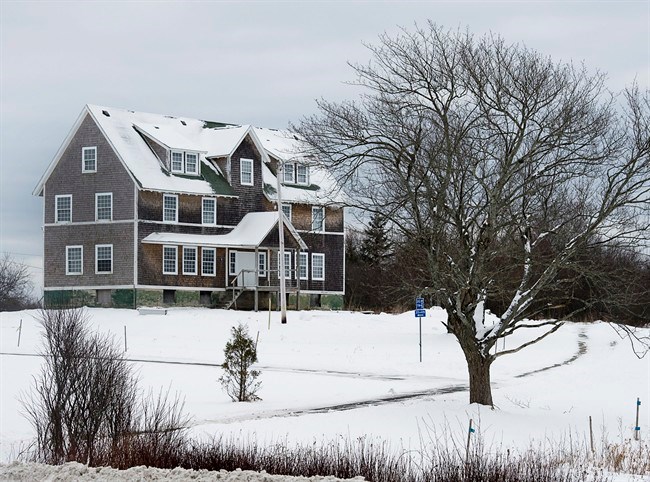HALIFAX - The executive director of a Halifax orphanage says she has no knowledge of staff abusing residents and instead alleges it may have been the children themselves who physically, sexually and mentally abused each other, according to an affidavit filed with the Nova Scotia Supreme Court.
The accusations are contained in the document submitted by Veronica Marsman in her opposition to the proposed certification of a class-action lawsuit launched by former residents of the Nova Scotia Home for Colored Children who allege they were abused.
The proposed class-action involves about 140 former residents who say they were physically, sexually and mentally abused by staff at the home over several decades up to the 1980s.
Marsman, the home's executive director since 2010, also worked at the orphanage and was a resident there from 1964 until 1966.
"I was not aware of abuse, systemic or otherwise at the home either as a resident, a staff member, board member or as the executive director," she says in the affidavit submitted Monday.
Marsman said that with the exception of individual claims and media reports, she was only aware of one incident through the home's records in which a staff member was alleged to have had sexual contact with a 16-year-old girl in June 1983. The accused staff member was suspended and eventually fired, the affidavit says.
"It is never possible to prevent all such abuse in a residential environment, but it was carefully monitored in accordance with standards at the time," Marsman says in the affidavit.
Her affidavit said that 63 individual actions alleging various forms of abuse had been filed with the provincial Supreme Court since 2000 and 59 are still before the court.
The submission included court documents summarizing the state of proceedings in the 59 cases.
John Kulik, a lawyer for the home, said a class-action lawsuit isn't needed because the circumstances of the allegations vary widely.
"This is a case where because of the different time periods involved, the different staff members involved, different eras, different administration at the home — there's no common issues," he said in an interview.
Marsman's affidavit includes a list of former residents who were accused of abuse in previous court proceedings. Some of the names are of people who have alleged they were the victims of abuse.
"I am informed by counsel for the home and do believe that in the individual actions the following former residents of the home have been accused of sexual, physical or mental abuse by plaintiffs in those actions," her affidavit says.
None of the allegations have been tested in court.
Ray Wagner, whose legal firm is spearheading the class-action suit, expressed disappointment that the affidavit attempts to cast blame on the alleged victims.
"We've known right from the start that abuse happened between residents," said Wagner.
"But it's been our position that the behaviour was learned as a result of the abuse inflicted upon them by workers and that in some cases that's all they knew.
"They argue that there is no systemic abuse which flies in the face of the named 59 residents."
Marsman's affidavit also said allegations in three of the 63 cases that were filed have been dismissed based on Nova Scotia's Statute of Limitations, adding that the proposed class-action would require reviewing incidents that have allegedly occurred over 50 years.
But Wagner said the cases expired after the complainants had died.
"The only way that justice can be done ... is to have the class-action," he said. "Otherwise we will have litigation until I'm 110 years of age."
Last month, Halifax police and the RCMP announced they would not be laying criminal charges in the case after concluding there was not enough evidence to support the allegations.


